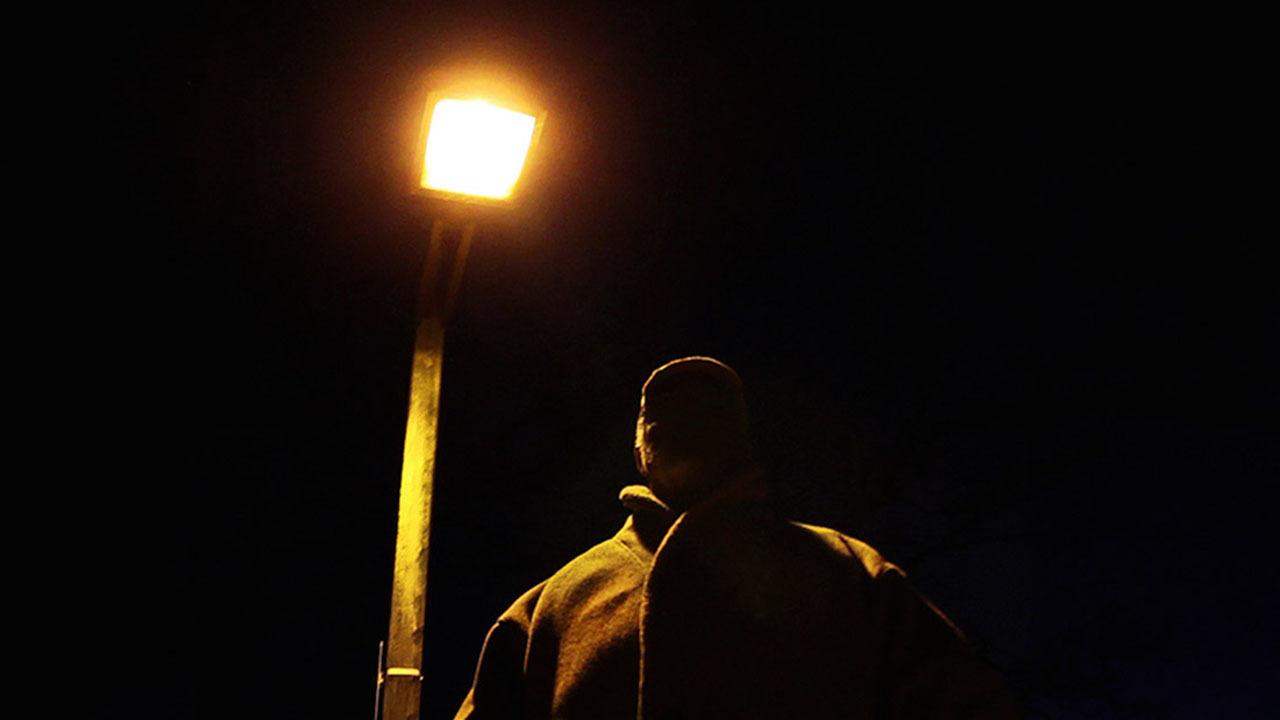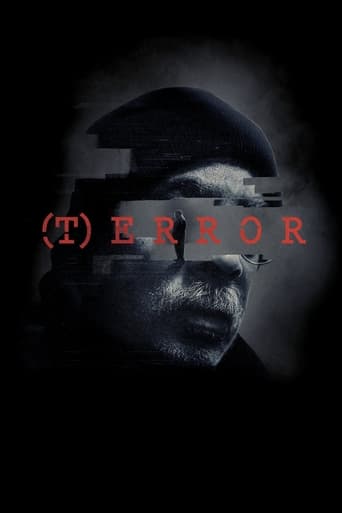Lela
The tone of this movie is interesting -- the stakes are both dramatic and high, but it's balanced with a lot of fun, tongue and cheek dialogue.
Turfseer
Lyric R. Cabral and David Felix Sutcliffe directed this documentary focusing on former Black Panther Saeed Torres who became a paid FBI informant. Torres travels to Pittsburgh in an attempt to gather intelligence on one Khalifah al-Akili, a Protestant who converted to Islam a decade before, and was posting pro-Taliban statements on social media.Torres meets with al-Akili a number of times but finally informs his handlers at the FBI that al-Akili is not dangerous. The FBI won't take no for an answer and orders Torres to keep contacting al-Akili for additional information. At a certain point, al-Akili is able to conclude that indeed Torres has been working for the FBI and blows his cover by posting his name online.The FBI eventually arrests al-Akili on non-terrorism related charges (he's charged with weapons possession and sentenced to eight years in a federal lockup). Meanwhile Torres feels that the government has left him twisting in the wind after his cover is blown and is deserted by most of his friends.The filmmakers manage to interview both Torres and al-Akili. However, no surveillance video or wiretapped recordings are available for them to utilize. Instead, inter-titles appear on the screen, reproducing emails sent by Torres to the FBI (and visa-versa). Without any video footage or audio clips, the documentary becomes a pedestrian affair—there is no rising tension as the story unfolds. Torres' story remains mildly interesting (supplemented by some archival footage of the Black Panthers in the late 60s and early 70s) but the case itself is hardly the stuff of great drama.It's the film-makers conviction that many of these cases where paid informants are used by the FBI involve entrapment of innocent victims. The case of jazz musician Tarik Shah is also briefly touched on as an example of someone who was entrapped. Shah's mother appears and defends him but we learn virtually nothing of the details of Shah's case (how he was entrapped) nor do we hear from anyone representing the FBI or their point of view.I have no doubt there have been improprieties in a fair number of these FBI counterterrorism efforts, but shouldn't each one be judged on a case by case basis? The film-makers are most concerned with the violation of civil liberties but there may also be some actual lone wolves out there who could do this country harm. Unfortunately for the film-makers here, Mr. al-Akili hardly seems like the poster boy for a violation of first amendment rights.(T)error doesn't do enough to explore both sides of the difficult issues of civil liberties vs. homeland security. Torres' history is interesting and this is a film that will keep your interest despite its limitations.

